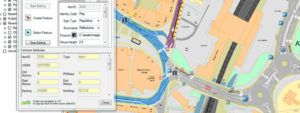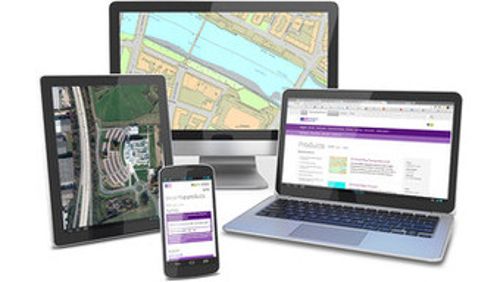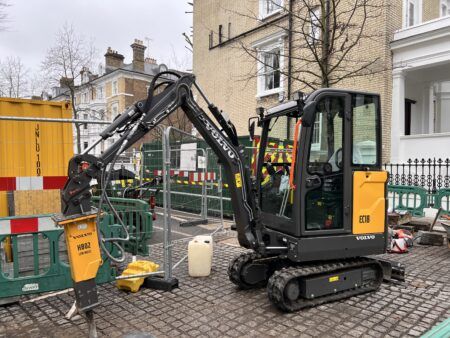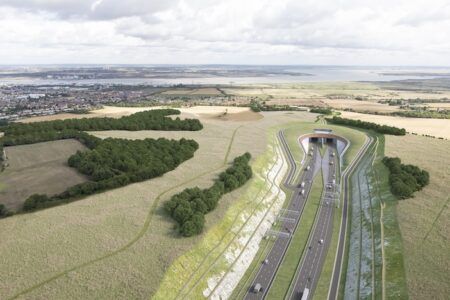A new partnership between the UK’s national mapping agency Ordnance Survey (OS), the Department for Transport (DfT), the British Parking Association (BPA), and street gazetteer GeoPlace, could dramatically reduce traffic congestion on UK roads.
The partnership aims to make crucial data on planned changes to the UK road network available to technology companies and app developers to build artificial intelligence (AI) routing platforms. Through the DfT’s recently announcedreview of legislation around Traffic Regulation Orders (TROs), the data could soon be made available to tech firms to develop and enhance navigational apps. TROs are orders made by traffic authorities, including local government, Transport for London (TfL) and Highways England (HE), and define the rules of the road network. They are the legal force behind restrictions such as speed limit changes, parking restrictions, and temporary closures for street parties or road works.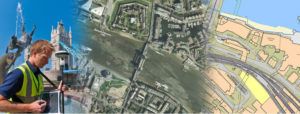
The initiative aims to give drivers the confidence to plan important trips without the fear of being stuck in traffic, and has the potential to reduce congestion, delays and air pollution. It is hoped the apps could warn drivers months in advance of planned disruption to their routes and offer alternatives, potentially saving them time and money. Development of the proposals to make it easier for authorities, private app developers and companies to access data around the predicted 50,000 yearly road closures and use it to its full potential for making travelling cleaner and greener, safer, easier and more reliable. Evidence suggests that opening TRO data up will also help with the development of route planning systems for connected and autonomous vehicles (CAVs).
Announcing the proposals, Minister of State, George Freeman, said, “When councils and utilities plan work months in advance, why don’t we tell drivers so that they can avoid roadworks? Today’s announcement to work towards sharing Government data will reduce congestion, pollution and frustration.”
OS director, David Henderson, commented, “It’s very pleasing that once again Ordnance Survey will be able to show how the use of location data has a role in aiding positive change.”
